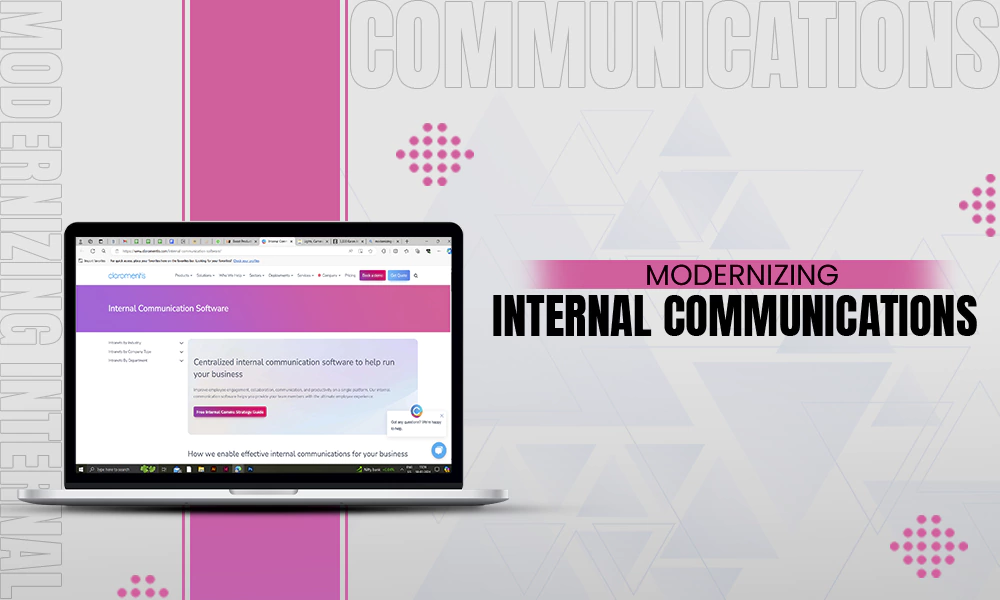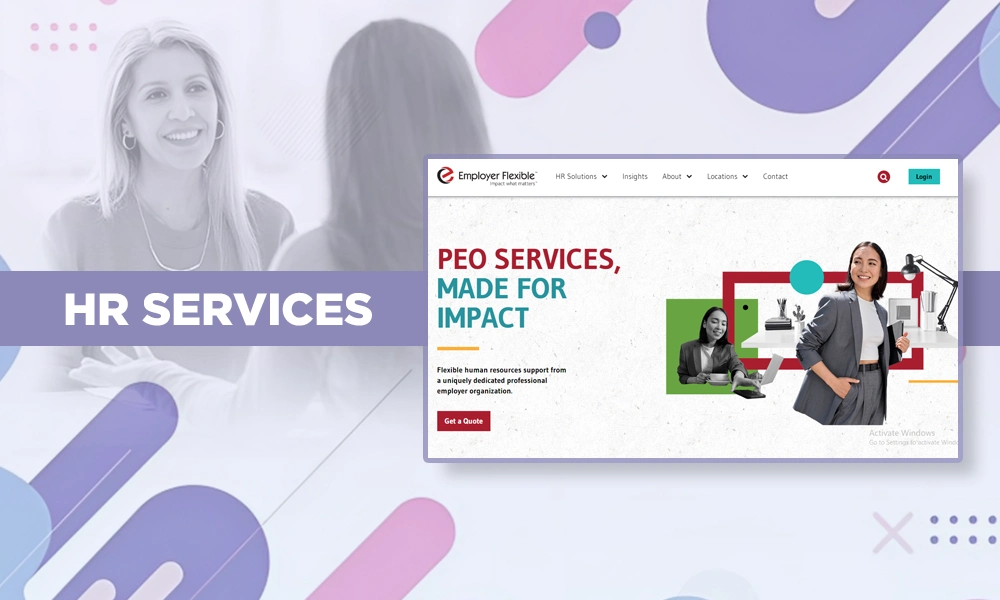How Pre-Employment Screening Solution Support Hybrid Work Models

Introduction
As businesses continue to adapt to the challenges of today’s business environment, many are resorting to hybrid work models to boost flexibility and efficiency. Employees in a hybrid work model can work both in the office and remotely, allowing them to manage their personal and professional lives in the best way for them.
Hybrid Work Model Overview
A hybrid work model is one that combines onsite and remote work. These models could be flexible or not. Some organizations with an employee-driven approach, for example, may allow employees to choose how many hours they work from home versus how many they work from the office. A hybrid work paradigm, on the other hand, can be more structured, in which the company divides its staff into pieces and determines who will work remotely and who will work onsite.
While some businesses have successfully implemented one of these two well-defined models, many others have opted for more blended work solutions that lie somewhere in the center. These hybrid work patterns provide a greater degree of flexibility. As a result, the variants of hybrid work models between organizations are limitless because each business and its employees have unique requirements.
How Employers Run Pre-Employment Screening on Hybrid Workers?
Pre-employment screening is a crucial element of any company’s hiring process, but it can be especially difficult in a mixed work environment. Because hybrid workers may not be physically present in the workplace, companies may find it difficult to undertake in-person screenings or background checks.
Employers can overcome this difficulty by utilizing pre-employment screening tools that are specifically built for hybrid work models. Employers can use these technologies to conduct background checks and other screenings remotely, allowing them to make educated hiring decisions even when their employees are not physically present in the office.
Check out this brief that will help in the hybrid work screening of candidates.
Expand and Adapt Qualifications for the Job.
Employers can undertake pre-employment screening on hybrid staff by conducting video interviews. Video interviews are an efficient method of evaluating a candidate’s communication abilities, which are critical for success in a mixed work environment. Employers can also use video interviews to pose role-specific and hybrid work-model-specific questions, such as the candidate’s experience working from home and capacity to self-manage and work autonomously.
Utilize Background Checks
Employers can also conduct background checks on hybrid workers as part of their pre-employment screening. Background checks are an important element of the pre-employment screening process since they allow employers to verify a candidate’s qualifications and expertise. A hybrid work background check can also be used by employers to discover potential red flags, such as a history of job hopping or poor performance in past employment.
So, if you have ever wondered – “do remote jobs do background checks?” then the simple answer to that question is YES.
Find Experienced, Tech-Savvy Candidates
Another key component of hybrid worker pre-employment screening is evaluating their technical skills and talents. Employees in a hybrid work style must have a deep awareness of technology and be able to interact and collaborate with their colleagues using a range of tools and platforms. Employers can use pre-employment screening to evaluate a candidate’s technical skills and talents, as well as their suitability for the role and the hybrid work paradigm.
Effects of Pre-Employment Screening on Hybrid Workforce
A hybrid workforce can benefit from pre-employment screening in a variety of ways. For one thing, it can help to ensure that only the most competent and trustworthy candidates are hired, which can boost the team’s overall performance and productivity. Pre-employment screening can also assist in identifying potential security risks and protecting the organization from legal liabilities.
As firms adjust to hybrid work patterns, pre-employment screening tools are becoming increasingly vital. Employees in a hybrid work paradigm work from both the office and from home, and pre-employment screening technologies can assist firms in recruiting the proper applicants for these positions.
One of the most important advantages of pre-employment screening tools is that they assist organizations in determining a candidate’s readiness for a hybrid work environment. Many candidates may not have worked from home before, and pre-employment screening technologies can assist in identifying those who are likely to succeed in a hybrid work paradigm.
Pre-employment screening methods, for example, can examine a candidate’s level of self-motivation and discipline, which are key characteristics for anyone working from home. They can also evaluate a candidate’s ability to communicate effectively, both verbally and in writing, which is essential for remote collaboration.
Another advantage of pre-employment screening tools is that they can assist organizations in identifying any red flags that signal a candidate is unsuitable for a hybrid work arrangement. For example, if a candidate has a history of job-hopping or a poor track record of meeting deadlines, it may signal that they are unsuitable for a position requiring a high level of self-management and accountability.
Businesses can also use pre-employment screening technologies to validate a candidate’s qualifications and expertise. It is critical in a hybrid work paradigm to hire employees who have the necessary skills and experience to succeed in their roles, and pre-employment screening technologies can assist firms in ensuring that they are hiring the right people.
How Peopletrail Will Work on Your Needs?
Peopletrail is a pre-employment screening solution built to accommodate hybrid work types. Employers can use the platform to conduct background checks and other screenings remotely, allowing them to make educated hiring decisions even when their employees are not physically present in the office.
Employers can use Peopletrail to obtain a variety of screening services, such as criminal background checks, employment verification, and education verification. The platform is simple to use and can be tailored to your company’s specific requirements.
Conclusion
Pre-employment screening is a key aspect of guaranteeing the success of hybrid work models, which are becoming more widespread.
Overall, pre-employment screening technologies are a valuable resource for companies wishing to acquire people for hybrid work arrangements. They can assist firms in determining whether a candidate is suitable for a hybrid work environment, identifying potential red flags, and verifying qualifications and experience. As a result, companies that use pre-employment screening tools are more likely to hire the proper people for their hybrid work models.
Employers may use Peopletrail to conduct background checks and other screenings remotely, allowing them to make educated recruiting decisions even when their employees are not physically present in the office. Learn more about how Peopletrail can help your hybrid work model by visiting the website.










